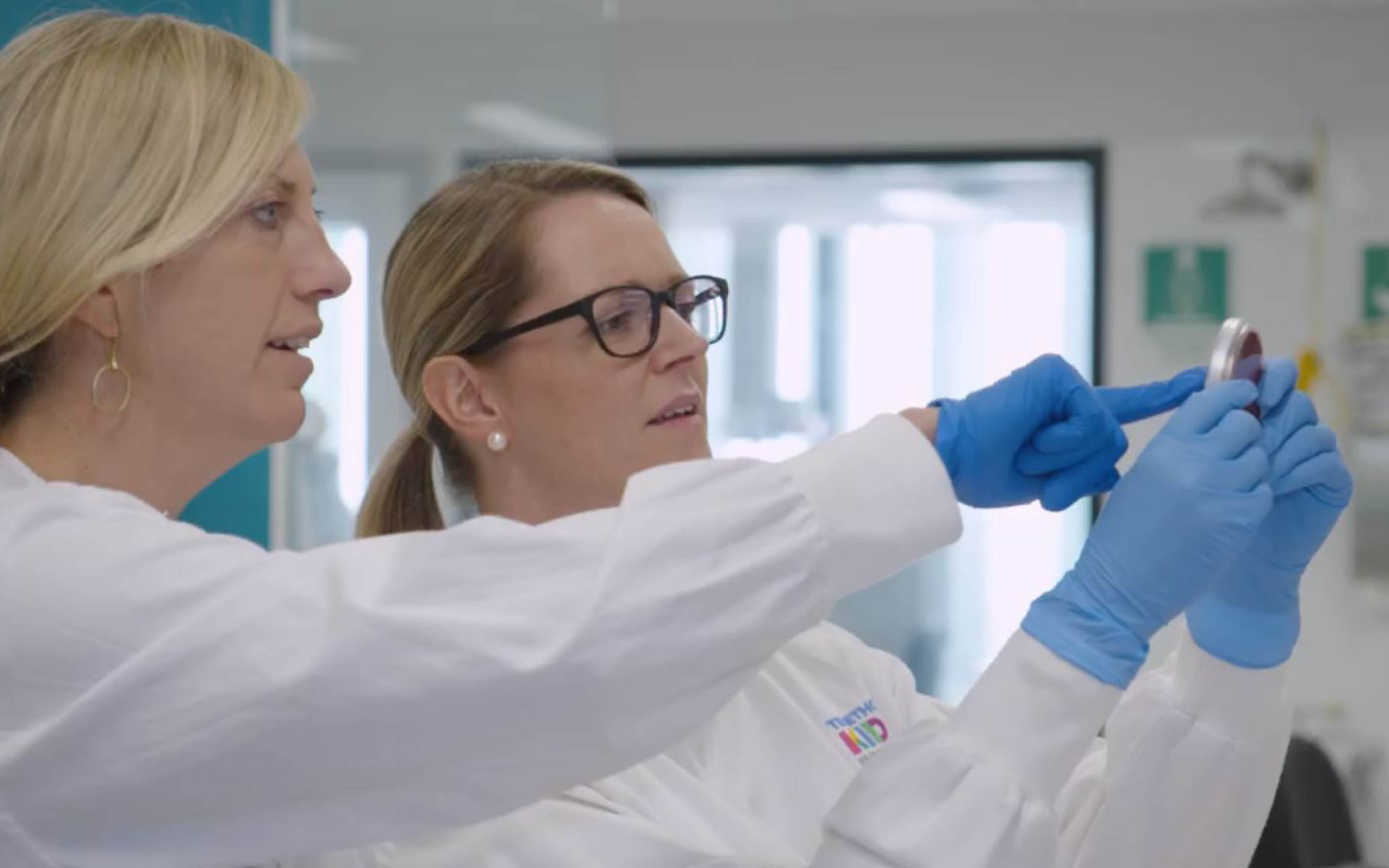
The Bacterial Respiratory Infectious Disease Group (BRIDG) has a major focus ear and lung disease involving Streptococcus pneumoniae and Haemophilus influenzae.
A decade long partnership with Wesfarmers Ltd. and the Wesfarmers Centre of Vaccines and Infectious Diseases has led to world-class paediatric research and important collaborations fuelling the Centre’s trajectory towards easing the burden of infectious diseases.
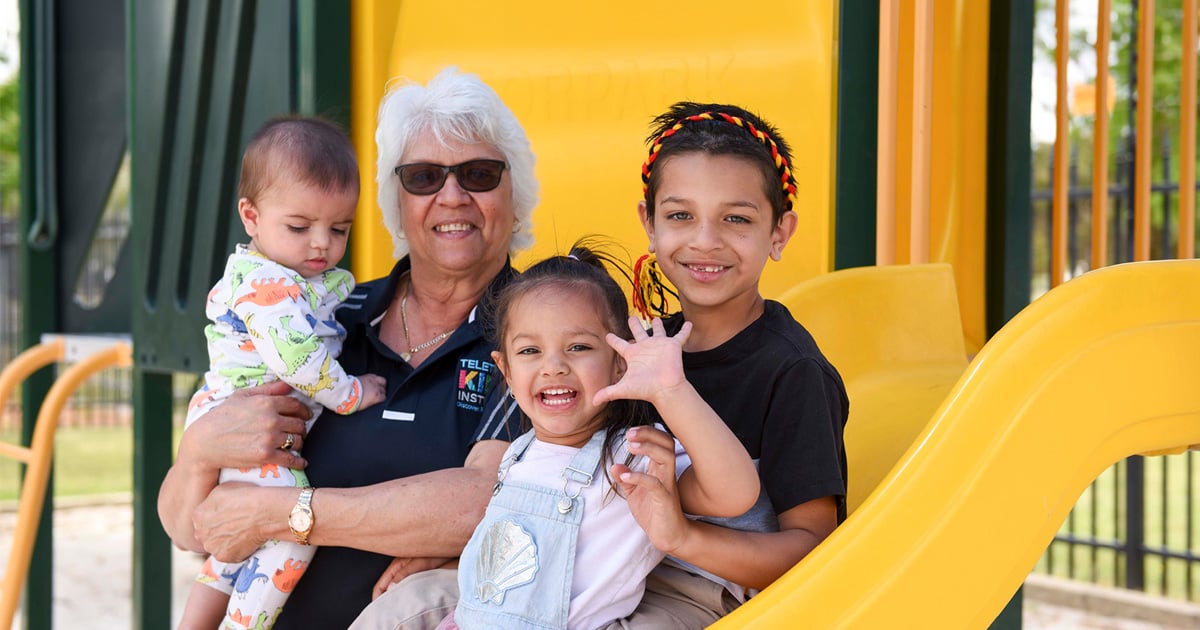
Wesfarmers Ltd have supported the Wesfarmers Centre of Vaccines and Infectious Diseases for the past 10 years. This investment has enabled the Centre to secure a further $119 million in competitive research funds and establish the Centre as a national leader in paediatric infectious disease and vaccine research.
The Centre’s success over the past decade has resulted from several strategic initiatives, including the Centre’s seed funding scheme that provides funds to explore new methodologies, demonstrate proof of concept and feasibility, build capacity, and instil collaboration and community engagement across the Centre.
These initiatives have resulted in a collaborative, multidisciplinary Centre that provides a highly productive environment to translate our research into real-life changes to reduce the burden of infectious diseases and enable families to thrive.
Now with 10 years of important research completed, the Wesfarmers Centre looks forward to making even greater strides in infectious disease prevention and vaccine research and mitigating the health gap between Aboriginal and non-Aboriginal children.
To learn more about the Wesfarmers Centre’s journey over the last decade, watch the 10-Year Anniversary video below. The video features Centre Directors – past and present – who take a trip down memory lane and discuss the Centre’s achievements.
For a more detailed glance into individual and team research journeys, view the 10-Year Report below.

The Bacterial Respiratory Infectious Disease Group (BRIDG) has a major focus ear and lung disease involving Streptococcus pneumoniae and Haemophilus influenzae.
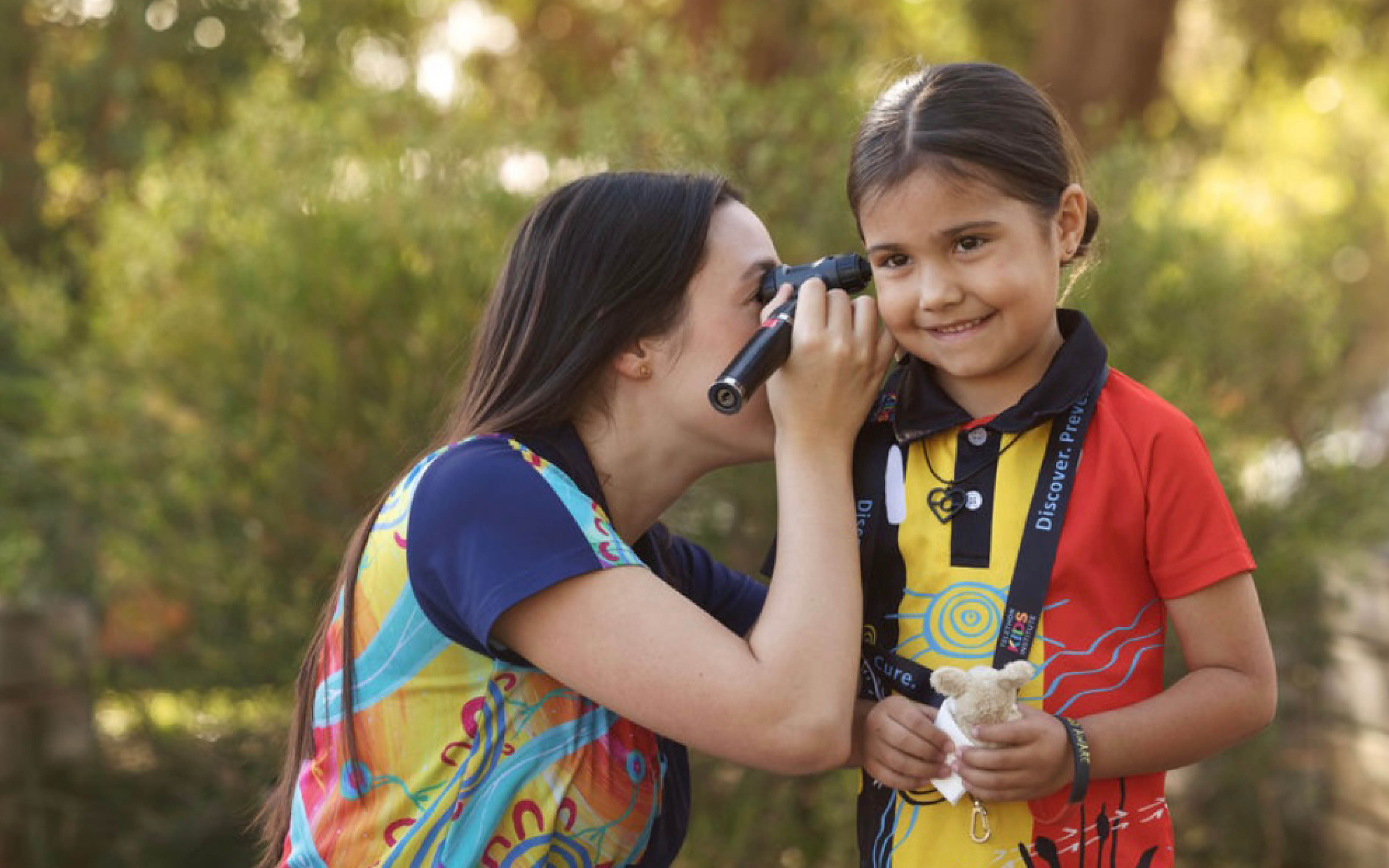
The Ear and Hearing Health team's vision is all children start primary school with good hearing.
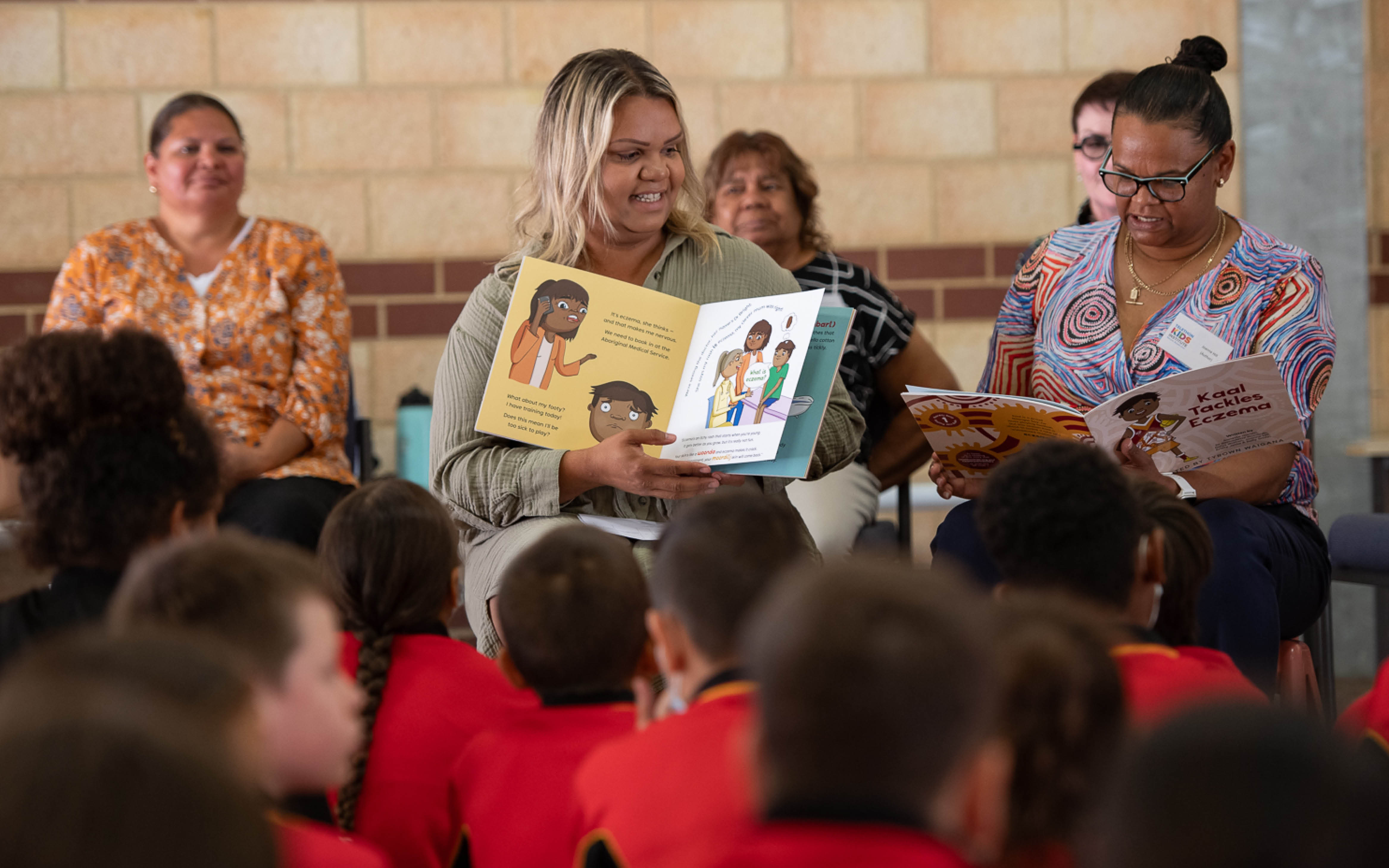
Our aim is for all kids to have healthy skin. We work with communities to reduce the burden of Strep A skin sores and sore throats to prevent rheumatic fever.

Our team’s vision is to reduce the burden of infectious diseases in children and their families through comprehensive approaches to understanding the burden of disease, developing and optimising diagnosis and treatment strategies and evaluating and informing current and future prevention programs.
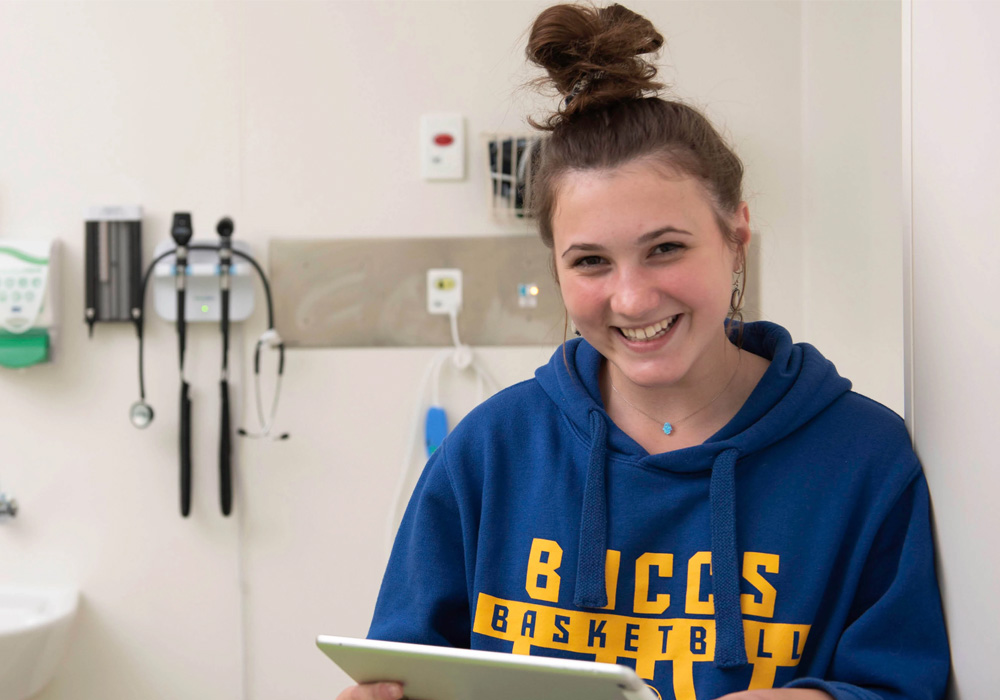
The Infectious Disease Implementation Research Team is a multi-disciplinary group researching the best way to implement infectious disease prevention and treatment strategies to improve the wellbeing of children and teenagers.
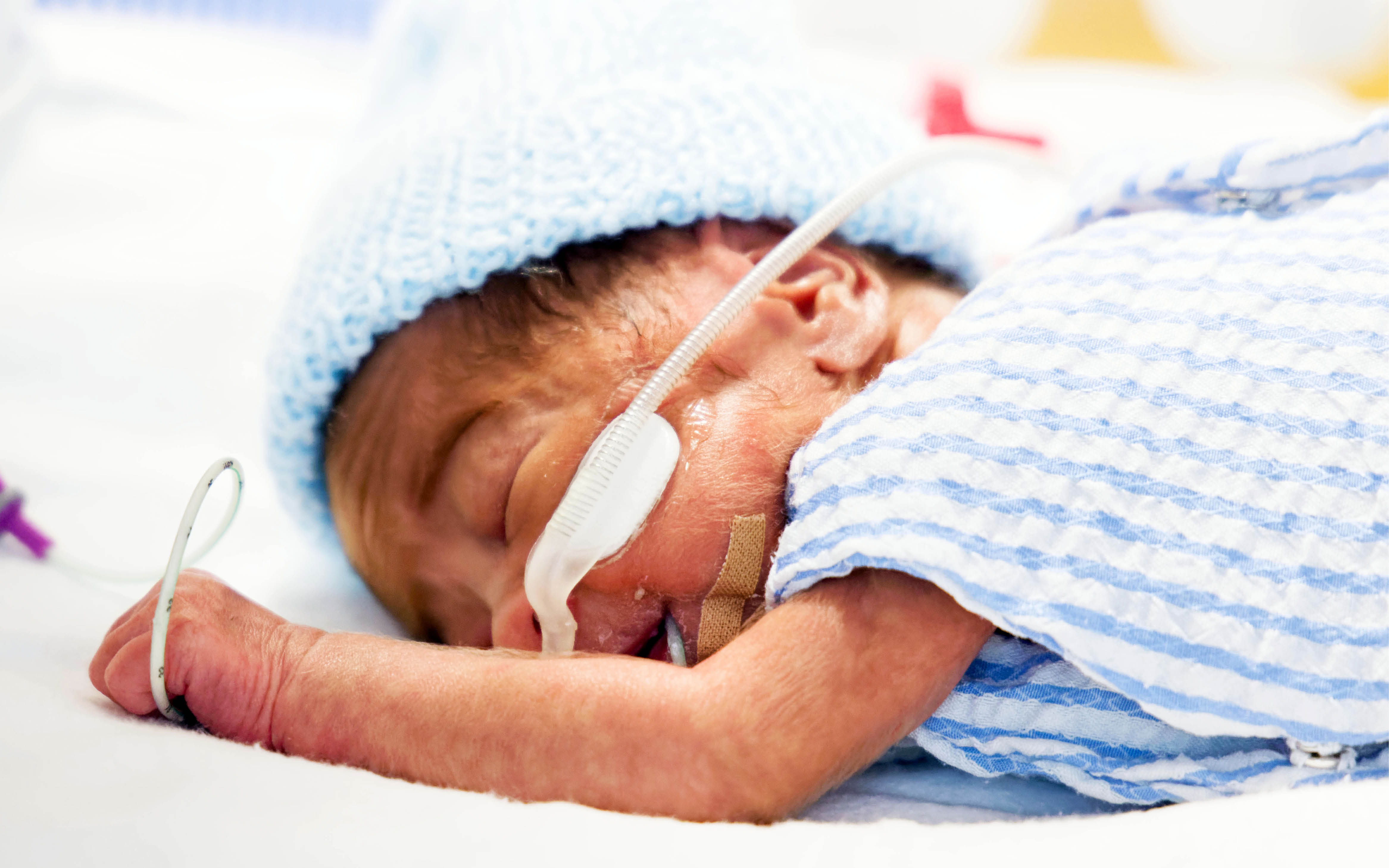
Preterm babies have a heightened risk of infection as their immune system is not mature. The Neonatal Health Team is exploring new ways to diagnose, prevent and treat infections in WA's smallest patients .
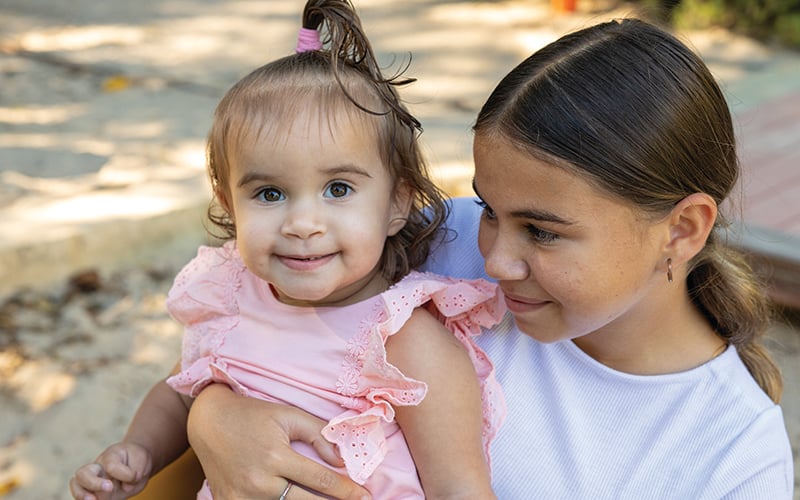
The Penicillin Team are working to accelerate research and clinical trials to improve penicillin formulation and treatment methods, to end RHD.
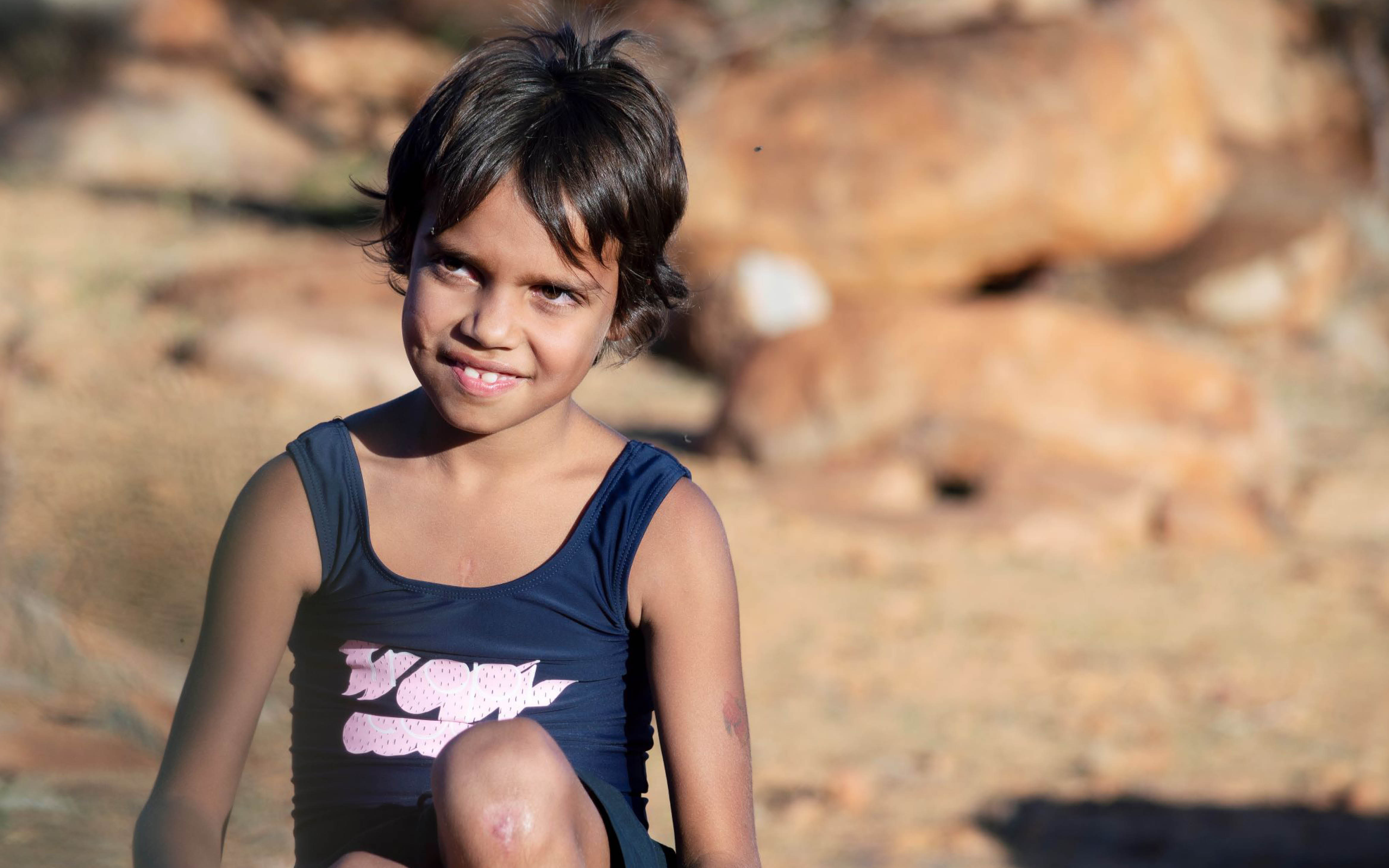
The Strep A Translation team aim to understand the epidemiology of Strep A infections in Australia and the world. Alongside this, they explore the implementation of endgame recommendations, health economics and new horizons.
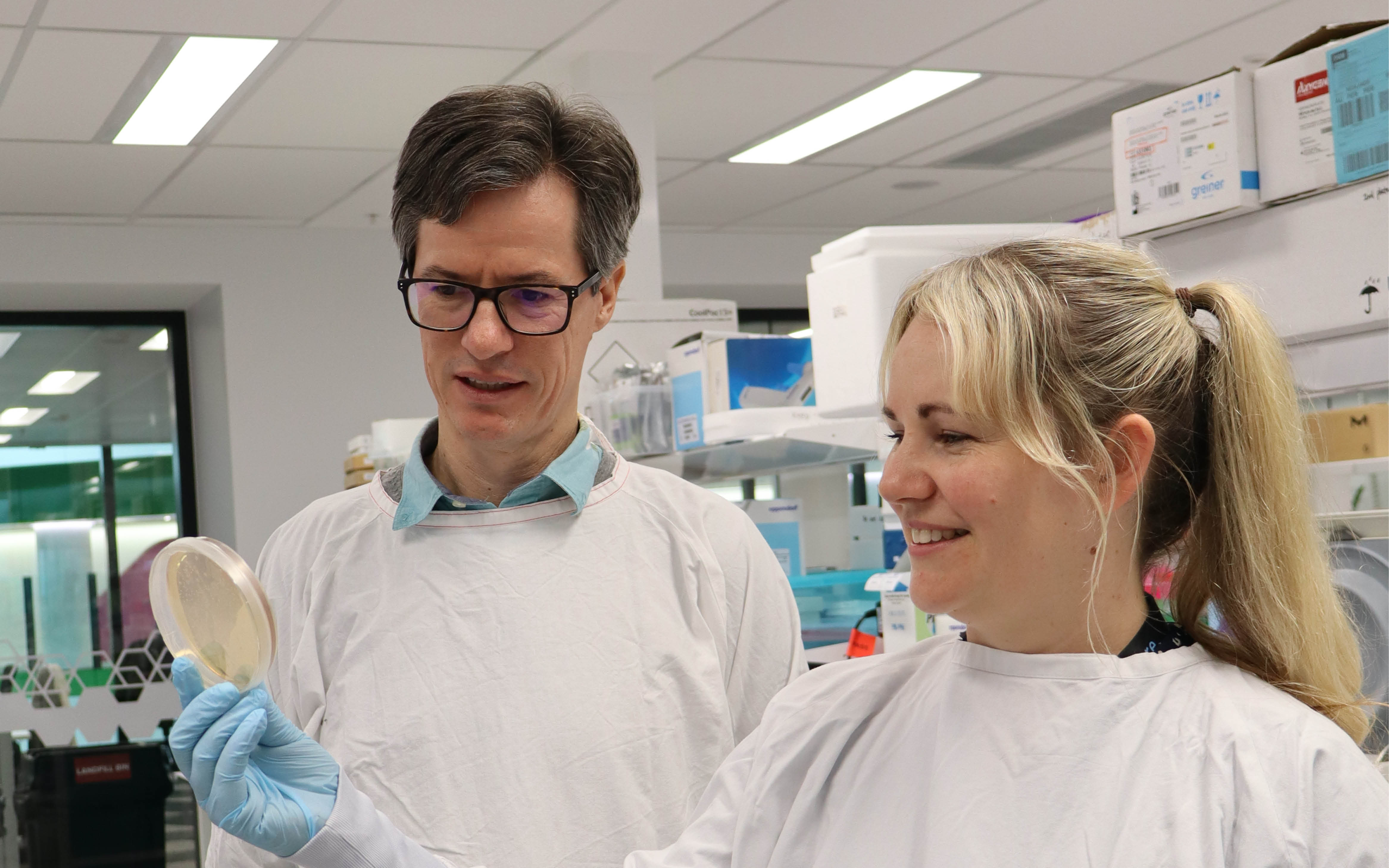
The Strep A Pathogenesis and Diagnostics team aims to understand key aspects of how Strep A causes different infections and diseases and use this information to develop improved ways to diagnose, treat and prevent these infections and diseases.
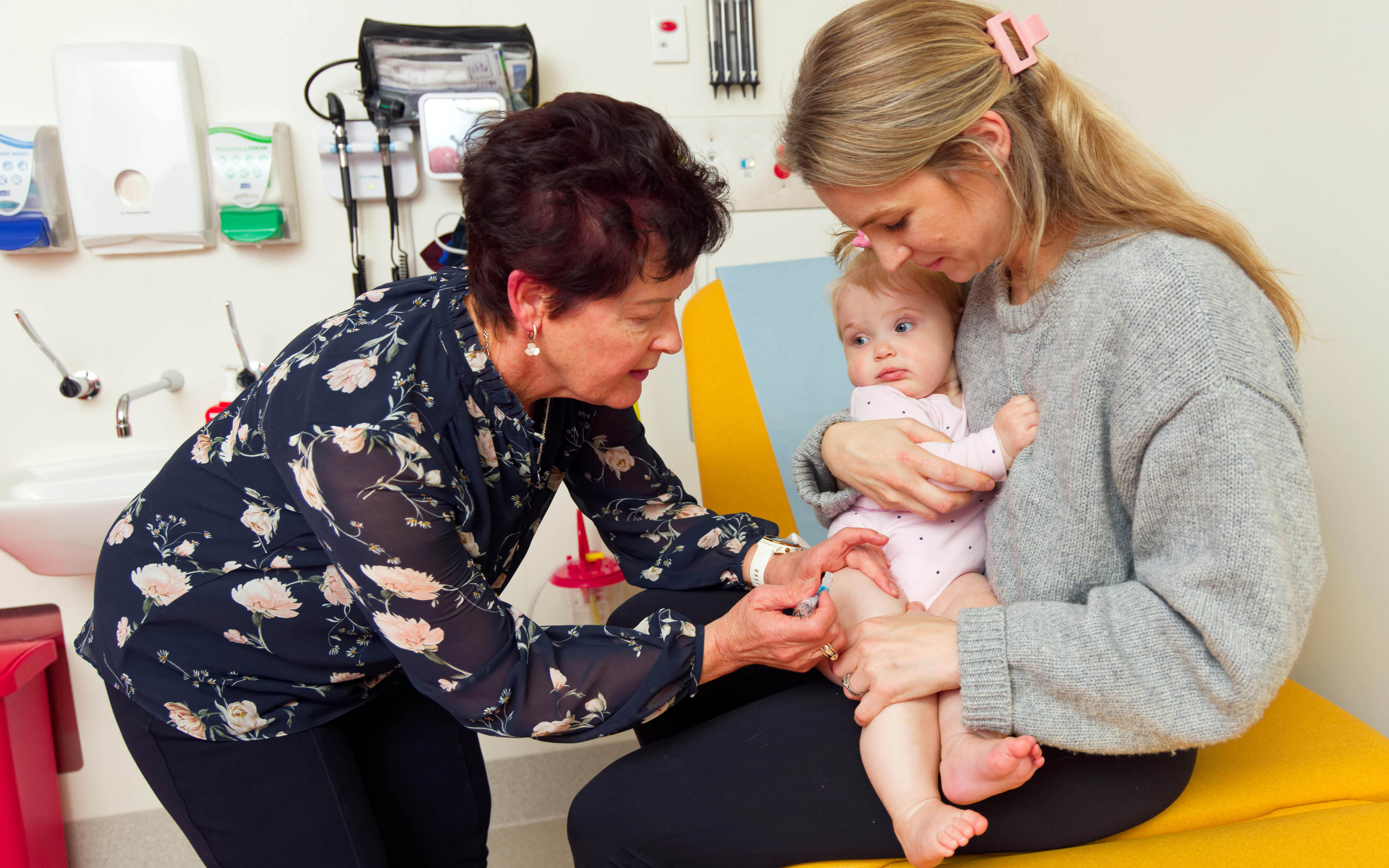
The mission of the Vaccine Trials Group is to improve the health of the community through immunisation and the prevention of infectious diseases.

The Strep A Vaccines research team is primarily focused on the Australian Strep A Vaccine Initiative (ASAVI) program of work funded by a $35 million grant from the Australian Government to accelerate the development of a Strep A vaccine (augmented by two multi-million-dollar philanthropic grants).